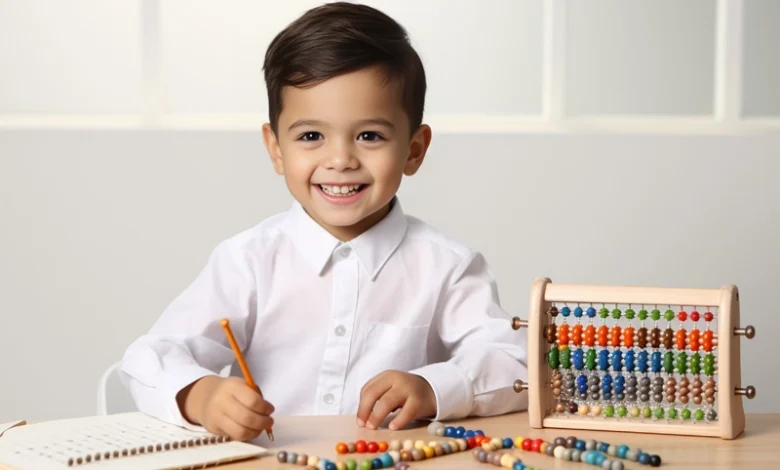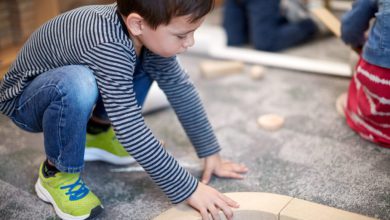Innovative Learning Activities for Preschoolers

The early years of a child’s life are critical for developing a foundation for lifelong learning and success. Preschoolers are naturally curious and imaginative, making it the ideal time to introduce innovative learning activities that foster creativity, curiosity, and a love for discovery. Let’s explore how activities like sensory bins, storytelling with props, outdoor nature hunts, and simple science experiments can significantly benefit preschoolers’ growth and development.
Sensory Bins for Exploratory Learning
Sensory bins provide a hands-on approach to learning that engages multiple senses simultaneously. By interacting with a variety of textures, colors, and materials, children develop cognitive skills such as sorting, classifying, and problem-solving. These activities also support the development of fine motor skills as children manipulate small objects, pour, scoop, and sift through the materials. Sensory play stimulates curiosity as children explore the properties of different substances, fostering an early interest in scientific concepts and inquiry.
Storytelling with Props: A Gateway to Language and Imagination
Integrating props into storytelling sessions transforms passive listening into an interactive and immersive experience. This approach to storytelling captivates children’s attention, enhancing their listening skills and comprehension. By handling props, children are encouraged to retell stories, boosting their confidence in speaking and storytelling. This active participation supports language development, vocabulary building, and the understanding of narrative structures, crucial for literacy skills. Moreover, using imagination to animate props fosters creativity and emotional expression, allowing children to explore different perspectives and empathize with characters.
Outdoor Nature Hunts: Fostering Curiosity and Observational Skills
Outdoor nature hunts are an exciting way to bring learning outside, encouraging children to engage with their environment actively. These activities nurture a sense of wonder about the natural world as children search for specific items, observe wildlife, and explore different ecosystems. Nature hunts promote observational skills, attention to detail, and categorization skills as children collect, compare, and discuss their findings. This hands-on exploration also supports physical development through walking, climbing, and using fine motor skills to handle found objects, enhancing their overall physical well-being and coordination.
Simple Science Experiments: Sparking Wonder and Problem-Solving Skills
Simple science experiments offer a platform for inquiry-based learning, where children can ask questions, predict outcomes, and observe results. These activities demystify science, making it accessible and enjoyable for young learners. Experiments such as mixing colors, creating volcanoes with baking soda and vinegar, or growing plants from seeds introduce basic scientific principles and the scientific method in a fun and engaging way. Participating in science experiments develops critical thinking and problem-solving skills as children learn to observe, hypothesize, experiment, and draw conclusions from their observations.
Conclusion
Innovative learning activities for preschoolers, such as sensory bins, storytelling with props, outdoor nature hunts, and simple science experiments, are invaluable tools for unlocking creativity and curiosity. These activities not only foster essential developmental skills but also instill a love for learning that children will carry with them into their formal schooling years and beyond. By embracing these engaging educational practices, educators and parents can provide preschoolers with a rich, stimulating environment that encourages exploration, discovery, and the joy of learning.





